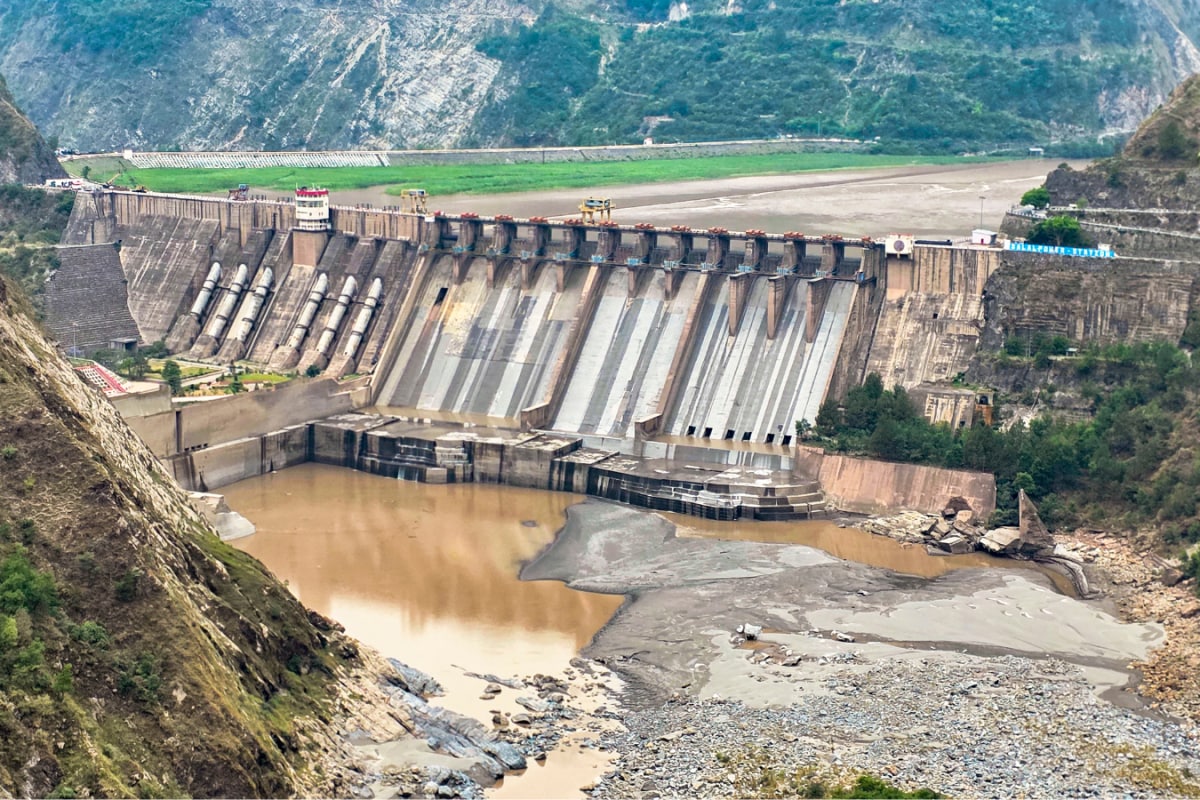

Following the Pahalgam terror attack on April 22nd, India suspended the Indus Waters Treaty (IWT). Reports indicate that Pakistan has since sent four letters to India regarding the reconsideration of this suspension, with three of these letters being dispatched after India's Operation Sindoor.
The Indus Waters Treaty, a bilateral agreement established in 1960, governs the sharing of water resources between India and Pakistan across six rivers in the Indus basin. The treaty has historically been upheld, even through periods of conflict between the two nations. However, the recent terror attack, which resulted in the deaths of 26 civilians, has led to a significant shift in India's stance.
India's External Affairs Minister has firmly stated that the suspension of the IWT will remain in effect "until Pakistan credibly and irrevocably ends cross-border terrorism." This position reflects India's stance that "water and blood cannot flow together," suggesting that the treaty's foundation of goodwill and cooperation has been fundamentally undermined by Pakistan's alleged support for terrorist activities.
In response to the treaty's suspension, Pakistan's Prime Minister Shehbaz Sharif has condemned India's actions. At a UN conference on glaciers in Dushanbe, Tajikistan, Sharif criticized the suspension as a "unilateral and illegal decision" that endangers millions of lives. He warned that Pakistan would not allow India to cross the "red line" and accused India of "weaponizing water" for political gains. Sharif highlighted Pakistan's vulnerability to climate change and its reliance on the Indus River system, which is fed by over 13,000 glaciers. He emphasized that the stability of these glacial systems is crucial for Pakistan's water supply, agriculture, and economy.
Since the suspension, reports and satellite imagery analysis suggest that India has intensified dam flushing operations on the Chenab and Jhelum rivers. This involves filling reservoirs to capacity and then releasing water to clear silt, a practice that also boosts hydroelectric power generation. Data from Pakistan's Indus River System Authority (IRSA) indicates significant fluctuations in water inflow at the Marala Dam, the first regulation point on the Chenab River after it enters Pakistan. These fluctuations include sharp drops and spikes in water levels, raising concerns about the impact on Pakistan's water supply and agricultural system.
India's suspension of the IWT has broader implications. India has halted data sharing with Pakistan regarding water releases from dams and potential flooding. India may also accelerate stalled hydropower and irrigation projects on the western rivers. Pakistan has declared that any attempt to reduce its water share would be considered an "act of war." India has also revised its war doctrine, stating that any act of terrorism against India will be treated as an act of war, with no distinction between terror groups and the governments that support them.
The situation remains tense, with both sides holding firm to their positions. India insists on an end to cross-border terrorism before reconsidering the IWT, while Pakistan seeks international intervention to maintain the treaty's original terms. The future of the Indus Waters Treaty, a long-standing agreement that has weathered numerous crises, hangs in the balance as the two nations navigate this complex and volatile situation.